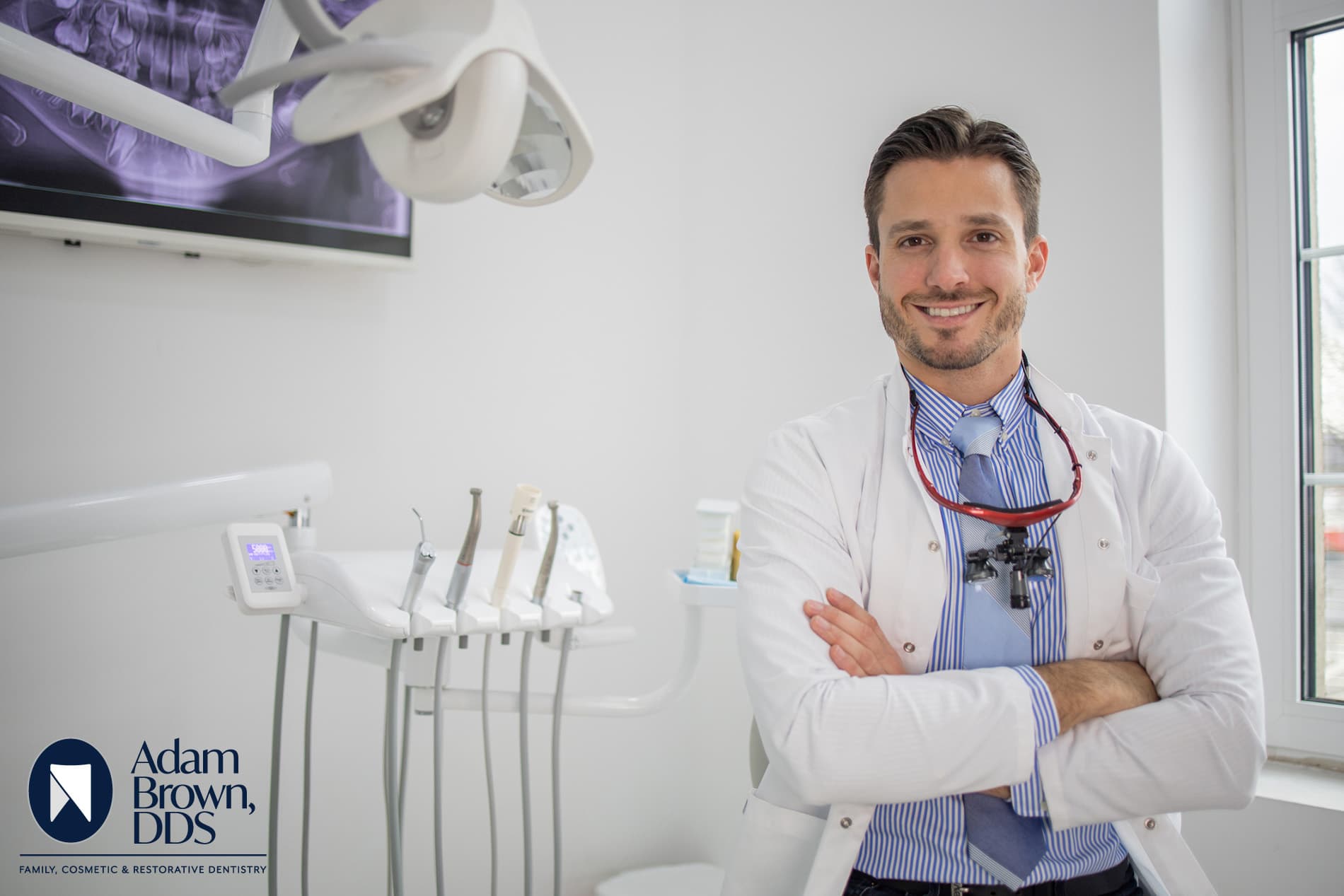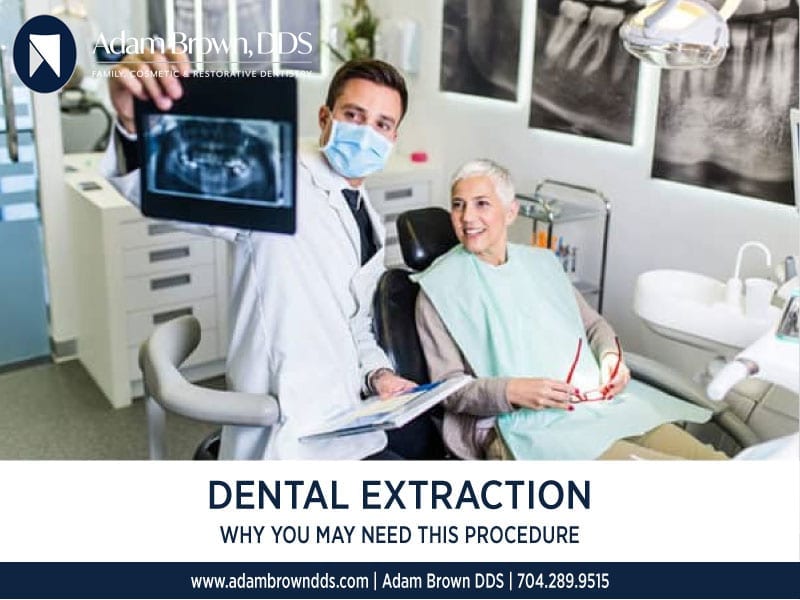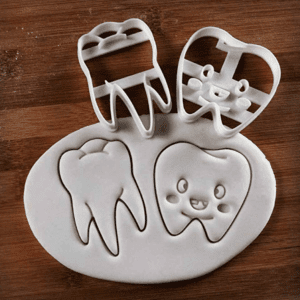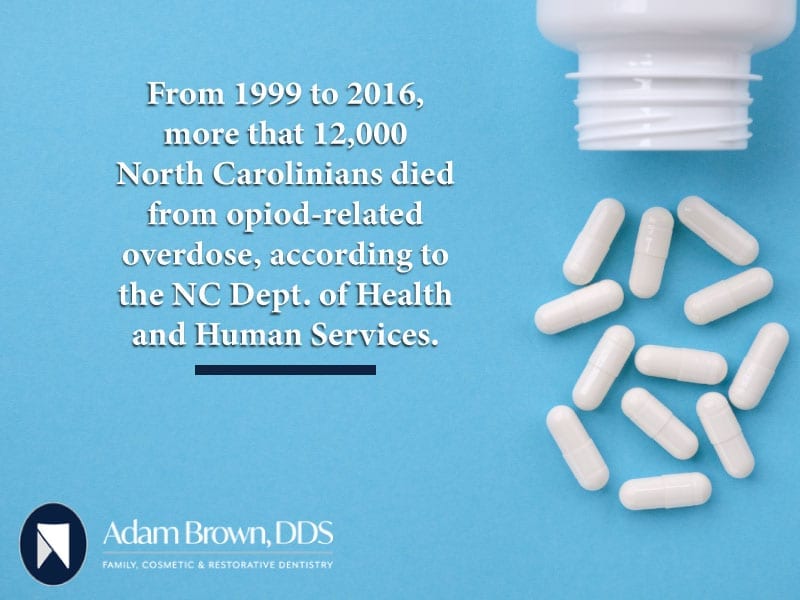All About HSAs: What They Are, How To Use Them, and More

As healthcare costs continue to rise, managing expenses efficiently is more important than ever. Health savings accounts (HSAs) can go a long way in helping you navigate these challenges. That said, if you’re going to take control of your dental and overarching healthcare finances, you must understand how HSAs work and learn to maximize their benefits.
From tax advantages to flexible fund usage, HSAs provide a unique opportunity to save for current and future medical needs while enjoying significant tax perks. Adam Brown, DDS wants to explore the intricacies of these savings accounts, clarify their operation, and explain their advantages. Whether you’re entirely new to HSAs or hope to deepen your understanding, the information and advice below will help you make informed decisions and secure a healthier financial future.
Understanding HSAs
HSAs are a unique approach to managing healthcare expenses; they ultimately give you greater control and flexibility over your healthcare dollars. Let’s discuss the fundamental aspects of HSAs, shedding light on what they are and how they function within the broader landscape of healthcare finance:
Definition and Purpose
At its core, an HSA is a tax-advantaged savings account specifically earmarked for medical expenses. It’s designed to work with a high-deductible health plan (HDHP), which typically features lower monthly premiums but higher deductibles than traditional health insurance plans. The primary purpose of an HSA is to empower individuals to save and pay for qualified medical expenses with pre-tax dollars, which reduces the financial strain of healthcare costs.
Eligibility Criteria
Not everyone can open and contribute to an HSA. You must be covered by an HDHP and cannot be enrolled in other health coverage that is not an HDHP, Medicare, or claimed as a dependent on someone else’s tax return. Further, you cannot be enrolled in a general-purpose flexible spending account (FSA) or health reimbursement arrangement (HRA); a limited-purpose FSA or HRA that only covers specific medical expenses should not disqualify you.
HSAs vs. Other Healthcare Accounts
It’s essential to distinguish HSAs from other healthcare accounts like FSAs and HRAs. Unlike FSAs, which are typically “use it or lose it” accounts with funds expiring at the year’s end, HSAs allow unused funds to roll over from year to year. HRAs are employer-funded accounts used to reimburse employees for eligible medical expenses.
At the same time, HSAs are owned and controlled by the individual, offering portability even if they change jobs or health plans. Understanding these foundational elements of HSAs lays the groundwork for comprehending their broader benefits and implications.
What Are the Perks of HSAs?
HSAs offer a wealth of benefits for individuals and families seeking to manage their healthcare expenses efficiently. In today’s healthcare landscape, it’s no surprise that these accounts are increasingly viewed as valuable financial tools.
Tax Advantages
One of the primary attractions of HSAs is their favorable tax treatment. Contributions made to an HSA are tax-deductible, meaning they can reduce your taxable income for the year they are made. Also, any interest or investment gains earned within the HSA are tax-free, so your savings can grow unencumbered by taxes. Withdrawals used for qualified medical expenses are also tax-free, yielding a triple tax advantage that few other financial instruments can match.
Potential for Accumulated Savings
Unlike other healthcare accounts that may limit the rollover of unused funds, HSAs allow for savings accumulation over time. Any funds left in the HSA at the end of the year roll over to the following year, and your healthcare dollars remain available for future medical needs. This feature makes HSAs particularly attractive for anyone anticipating ongoing or recurring healthcare expenses and those planning retirement healthcare costs.
Portability and Flexibility
HSAs offer unparalleled flexibility and portability compared to other healthcare accounts. Because HSAs are owned and controlled by the individual, rather than the employer, individuals can retain their HSA even if they change jobs or health insurance plans. Such flexibility equips you to take control of your healthcare finances and make decisions that align with your personal needs and preferences.
Incentive for Preventive Care
The tax advantages of HSAs provide a financial incentive for individuals to prioritize preventive care and wellness initiatives. Investing in preventive services (e.g., screenings, vaccinations, wellness programs) can dramatically boost your overall health while reducing your long-term healthcare costs. HSAs promote a proactive approach to healthcare management, ultimately contributing to improved health outcomes and financial well-being.
HSA and Dental Care
HSAs can play a significant role in managing dental expenses because they give individuals a tax-advantaged way to cover a range of dental services. They can be used to pay for a variety of dental services, including but not limited to:
- Routine cleanings and exams
- Fillings and restorations
- Extractions
- Root canals
- Crowns and bridges
- Dentures and implants
Orthodontic Treatments: In many cases, orthodontic treatments like braces or Invisalign are also eligible for reimbursement through an HSA. That said, it’s essential to check with your HSA provider and review IRS guidelines to confirm eligibility.
Preventive Care Emphasis: HSAs incentivize preventive dental care by allowing tax-free funds for routine check-ups, cleanings, and other preventive services. Investing in preventive care can help you maintain optimal oral health and potentially reduce the need for more extensive and costly treatments down the line.
Flexibility in Payment: HSA funds can cover out-of-pocket dental expenses not fully covered by insurance, deductibles, and co-payments. The flexibility lets you access essential dental care without experiencing undue financial strain.
Navigating HSA Contributions and Withdrawals
Effectively managing HSAs involves understanding the processes for making contributions and withdrawals. Below, we’ll talk about how to navigate these aspects of HSA management.
Contributions
Let’s start with some practical tips for contributing to your HSA so that it maximizes your benefits:
Contribution Limits
The IRS sets annual contribution limits for HSAs, which can vary depending on whether the HSA is for an individual or a family. As of 2024, individuals can contribute up to $4,150 per year to an HSA, while families can contribute up to $8,300 per year. Individuals aged 55 or older are eligible for an additional catch-up contribution of $1,000.
Employer Contribution
Many employers offer HSA contributions as part of their benefits package. These contributions are often made through payroll deductions and may count toward the annual contribution limit. Maximizing employer contributions can help you accelerate your HSA savings.
Timing of Contributions
HSA contributions can be made at any time during the year, either as regular contributions through payroll deductions or as lump-sum contributions. Just remember that you must make contributions before the tax filing deadline (usually April 15 of the following year) to count for the current tax year.
Withdrawals
It’s easy to get overwhelmed when it comes to sorting through an HSA, insurance, and other complex processes for medical care. Here are a few things to keep in mind:
Qualified Medical Expenses
HSA withdrawals are tax-free when used for qualified medical expenses. These expenses include a wide range of healthcare services, treatments, and supplies (as the IRS outlines). It’s essential to retain receipts and documentation to substantiate HSA withdrawals and confirm compliance with IRS guidelines.
Non-Medical Withdrawals
If HSA funds are withdrawn for non-qualified expenses before age 65, they are subject to income tax and a 20% penalty. Withdrawals for non-qualified expenses are taxed as ordinary income after age 65, but the penalty no longer applies.
Reimbursement Process
HSA withdrawals can be made by using a dedicated HSA debit card, checks, or online transfers. When using HSA funds to pay for qualified medical expenses, you can either pay directly from the HSA or reimburse yourself by withdrawing funds and retaining receipts for documentation.
Tips for Maximizing HSA Benefits
Successfully navigating HSAs is all about getting the most possible from what you put in. Consider these practical tips:
- Prioritize preventive care. Invest in preventive services to maintain good health and reduce future healthcare costs. Connect with Adam Brown, DDS to schedule a checkup!
- Maximize your contributions. Contribute the maximum allowed amount to your HSA each year to take full advantage of its tax benefits.
- Use your HSA funds wisely. Spend HSA funds strategically on qualified medical expenses to minimize out-of-pocket costs.
- Save receipts. Keep receipts and documentation for all HSA withdrawals to substantiate qualified medical expenses and guarantee compliance with IRS guidelines.
- Explore your investment options. If your HSA offers investment options, consider investing HSA funds for potential growth over the long term.
Use these strategies to harness the full potential of your HSA and effectively manage your healthcare finances. Doing so can significantly impact your overall quality of life!
Common Pitfalls and Misconceptions
Navigating HSAs effectively requires you to be aware of some mistakes that can hinder your financial planning. Here are the five most critical points to consider:
- Failure to Maximize Contributions: Some individuals may contribute less than the maximum allowed amount to their HSAs, missing out on potential tax savings and long-term growth opportunities. It’s crucial to prioritize HSA contributions to leverage the benefits of tax-free savings.
- Misunderstanding Eligible Expenses: Not all healthcare expenses qualify for reimbursement through an HSA. You must familiarize yourself with the IRS guidelines on qualified medical expenses to avoid using HSA funds for ineligible purchases, which could result in tax penalties.
- Forgetting to Save Receipts: Documentation is essential for substantiating HSA withdrawals for qualified medical expenses. Failure to save receipts could make it challenging to prove expenses’ eligibility in case of an IRS audit.
- Confusion About HSA Investments: Some HSA providers offer investment options, allowing account holders to grow their funds over time. That said, navigating investment choices and understanding associated risks can be challenging if you’re unfamiliar with investment principles.
- Overlooking Employer Contributions: Employers may offer contributions to employees’ HSAs as part of their benefits package. Failing to take advantage of employer contributions means missing out on valuable additional savings.
Conclusion
Leveraging your HSA can significantly ease the burden of rising healthcare costs. You can make informed decisions about your healthcare finances by understanding its intricacies, from eligibility criteria to qualified expenses.
Your HSA offers substantial tax advantages and flexibility, and it’s a valuable tool for managing dental care and other medical expenses. Make sure your oral and overall health are well taken care of by optimizing your HSA’s benefits with careful planning and strategic usage. Remember to contact Adam Brown, DDS to schedule an appointment and pave the way to a healthier, financially secure future!





 Perhaps when you were younger, Santa stuffed your Christmas stocking full of chocolate coins and peppermint twists — and a new toothbrush to remind you not to let all that candy rot your teeth. Santa’s always been a smart guy.
Perhaps when you were younger, Santa stuffed your Christmas stocking full of chocolate coins and peppermint twists — and a new toothbrush to remind you not to let all that candy rot your teeth. Santa’s always been a smart guy. Not crafty? No worries! The artists of
Not crafty? No worries! The artists of 

